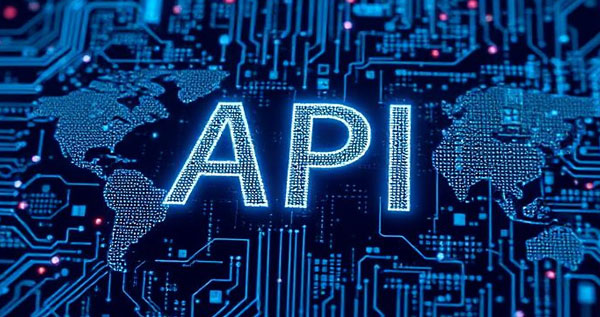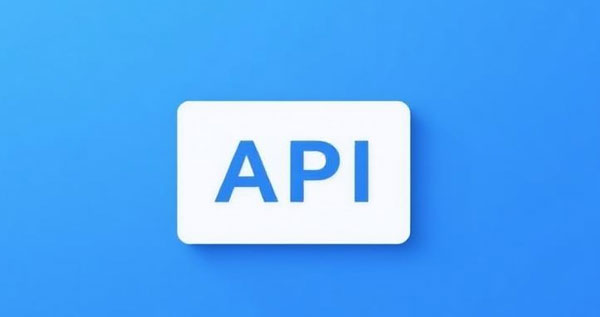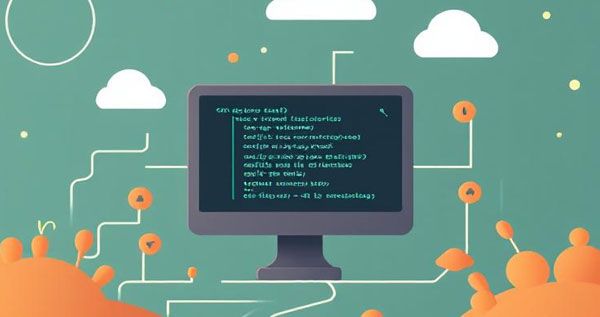Is Web Scraping Legal? How to Collect Data Compliantly?
1. Introduction: The Application and Legal Controversy of Web Scraping
In the era of big data, web scraping has become an essential tool for data collection and analysis. From market research and competitive analysis to training datasets for AI, businesses and developers rely heavily on web scraping. However, the legality of web scraping remains a contentious issue.
Is web scraping always legal? What practices could violate the law? How can developers ensure compliant data collection?
2. Is Web Scraping Legal? Key Factors to Consider
Determining whether web scraping is legal depends on several critical factors:
1. Does It Violate the Website’s robots.txt Rules?
Most websites provide a robots.txt file that specifies which parts of the site are accessible to web crawlers and which are restricted. Ignoring robots.txt rules may be considered unethical or even unlawful in certain jurisdictions.
2. Does It Involve Personal Data or Sensitive Information?
Many countries have strict data protection laws:
GDPR (EU): Prohibits unauthorized collection of personal data, with potential heavy fines for violations.
CCPA (USA): Grants users the right to request the deletion or restriction of their personal data.
PIPL (China): Regulates personal information collection, storage, and transmission.
If the scraped data includes personally identifiable information (PII) such as names, emails, or addresses, it may violate these regulations.
3. Does It Disrupt Website Services?
High-frequency requests from web scrapers can overload a website’s server, disrupting its normal operation. Websites may classify such activities as malicious attacks, leading to legal consequences or IP bans.
4. Is the Data Copyright-Protected?
Certain content—such as news articles, images, and videos—is protected by copyright laws. Scraping and using such data without permission could lead to copyright infringement. Examples include:
News articles from media websites
Images and videos from social media platforms
Paywalled or subscription-based content
Unauthorized use of copyrighted data can result in legal action.
5. Is There Explicit Authorization from the Website?
The safest way to collect data is through official APIs or direct permission from the website owner. Many platforms, such as e-commerce sites, offer APIs that allow developers to access data legally, eliminating the need for web scraping.
3. How to Collect Data Compliantly?
1. Prioritize Official APIs
Many major platforms (e.g., Twitter, Facebook, Google) provide APIs that allow authorized data access. Unlike web scraping, APIs offer a more reliable, legal, and structured method of obtaining data.
2. Follow robots.txt Guidelines
Before running a web scraper, developers should check the target website’s robots.txt file to ensure that their activities comply with the stated rules.
3. Implement Reasonable Request Limits
To prevent excessive server load, web scrapers should set a rate limit to control request frequency. Best practices include delaying requests and respecting website rate restrictions.
4. Avoid Scraping Personal or Sensitive Data
If the data involves private or sensitive information, developers must obtain legal authorization and comply with relevant data protection laws to avoid infringing user privacy.
5. Ensure Legal Use of the Data
Even if the scraped data is publicly available, its usage must be lawful. For example, scraping public social media posts for commercial purposes may still violate the platform’s policies.
4. LuckData API: A Compliant Data Collection Solution
To help businesses and developers collect data securely and legally, LuckData API provides an efficient and compliant data retrieval service, ensuring legal and ethical data usage.
1. Restricts Data Fields to Ensure Compliance
LuckData API only allows access to non-sensitive, non-personally identifiable data, ensuring compliance with GDPR, CCPA, and other regulations.
2. Built-in Rate Limit for Fair Usage
The API enforces request limits per second to prevent abuse, protecting website stability while ensuring fair usage.
3. Legally Licensed Data Sources
LuckData API obtains data from authorized providers, eliminating the risk of scraping unauthorized or copyrighted content.
4. Efficient Data Access with Lower Technical Barriers
Unlike traditional web scraping, LuckData API eliminates the need for maintaining complex web crawlers, allowing developers to retrieve data quickly and legally.
5. Conclusion: Compliant and Ethical Data Collection
While web scraping is a powerful tool, improper use can lead to legal risks. Developers and businesses should respect data regulations, follow website policies, avoid scraping sensitive information, and prioritize official APIs whenever possible.
LuckData API offers a secure, compliant, and efficient solution for data collection, ensuring developers can access valuable data while adhering to legal standards. If you are looking for a legal and efficient data collection method, LuckData API is a smart choice!




